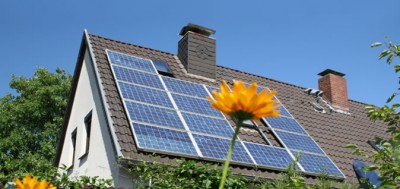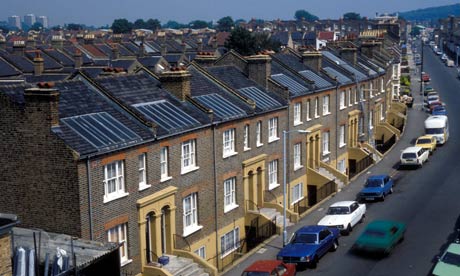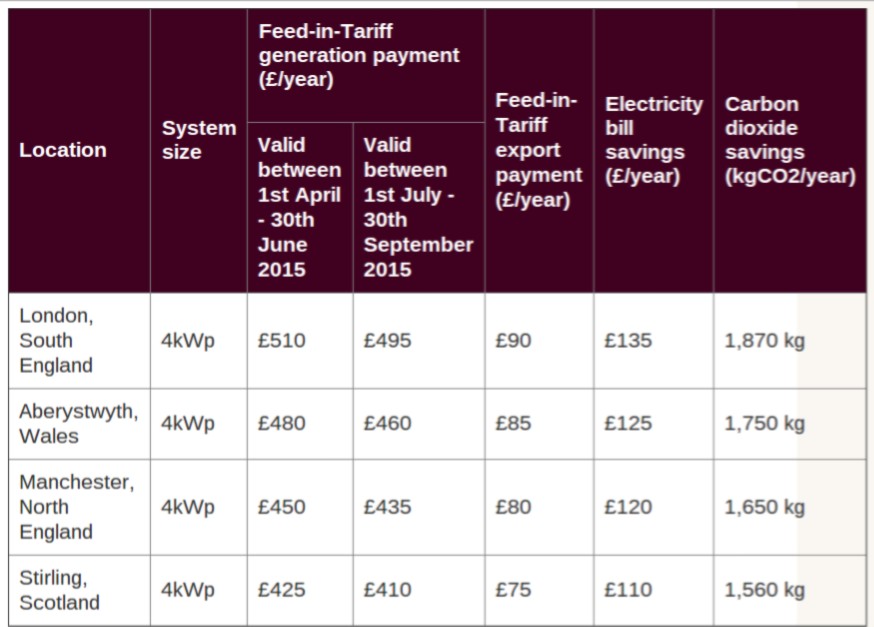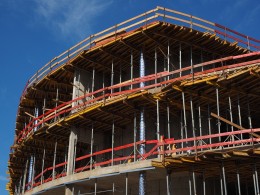
Solar Panels generate green energy from sunlight, which is cheap. Solar panel electricity systems are also known as solar photovoltaics (PV), which obtains the sun’s energy by using photovoltaic cells. Solar panels do not necessarily need sunlight but rather daylight to generate electricity to power household lighting and goods. Although there are many cons found about solar panels, the Department of Energy and Climate Change found that over half a million British homes have installed solar panels, showing that there essentially are some benefits to this source of renewable energy and that there are not a waste of time.

Image source: http://www.theguardian.com/environment/2012/jan/09/solar-energy-industry-exciting-era
Why Solar Panels may not be worth it?
Solar panels tend to be very expensive, to install and buy, these costs average between £5,000 – 8,000 for a PV system of 4kWp
There is a likely chance that the inverter will need replacing after around 20 years of use, the inverter is fundamental to its mechanism, and is also expensive costing approximately £800.
Although they are pro environmentally friendly, many people find that solar panels are not aesthetically pleasing and take a lot of space on the roofs of houses.
To generate electricity solar panels need daylight (no necessarily sunlight) to operate, however the amount of daylight alters depending on where you live, the North has less daylight than the South of the UK. In addition, because solar panels need daylight you have to store energy for the night when there is no daylight for the solar panels to work with.
What makes Solar Panels worthwhile?
Solar panels are mainly known for being environmentally friendly, being a source of efficient renewable energy.
They cut down your energy bills because you are taking less electricity from the national grid, and after the initial costs you only require daylight which is free.
Some people are even eligible to the Feed-in-Tariff meaning you can get paid for the production of each kWp you produce and the surplus amount of electricity generated. Also for being energy efficient incoming Green Deal funding is a deal which allows you to get paid back for installing energy saving improvements.
Solar panels are long term and need little maintenance, especially those of which are properly installed and well designed; as they last around a minimum of 20 years without the need for cleaning or replacing its gadgets.
Here is a table from the Energy Saving Trust, showing you all the details you need to know about the Feed-in-Tariff, the savings you’ll make depending of the system and location you are in:


Although there still remains curiosity around how worth solar panels are, because of the costs and the large companies and their schemes for installing the panels and payments. Overall solar panels are definitely looking like a great alternative to fossil fuels, being cost effective and hopeful for a efficient future.




 POSTED BY
POSTED BY 

